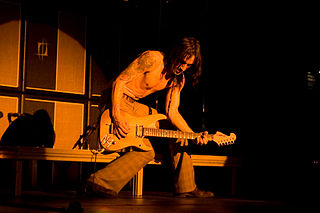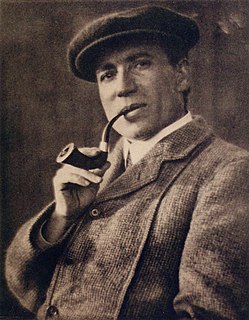A Quote by Amy Tan
My writing often contains souvenirs of the day - a song I heard, a bird I saw - which I then put into the novel.
Related Quotes
You have started the book with this bubble over your head that contains a cathedral full of fire - that contains a novel so vast and great and penetrating and bright and dark that it will put all other novels ever written to shame. And then, as you get towards the end, you begin to realise, no, it's just this book.
When on a summer's morn I wake,
And open my two eyes,
Out to the clear, born-singing rills
My bird-like spirit flies.
To hear the Blackbird, Cuckoo, Thrush,
Or any bird in song;
And common leaves that hum all day
Without a throat or tongue.
And when Time strikes the hour for sleep,
Back in my room alone,
My heart has many a sweet bird's song -
And one that's all my own.
If I'm writing a novel, I'll probably get up in the morning, do email, perhaps blog, deal with emergencies, and then be off novel-writing around 1.00pm and stop around 6.00pm. And I'll be writing in longhand, a safe distance from my computer. If I'm not writing a novel, there is no schedule, and scripts and introductions and whatnot can find themselves being written at any time and on anything.
Thirty years ago my older brother, who was ten years old at the time, was trying to get a report written on birds that he'd had three months to write, which was due the next day. We were out at our family cabin in Bolinas, and he was at the kitchen table close to tears, surrounded by binder paper and pencils and unopened books about birds, immobilized by the hugeness of the task ahead. Then my father sat down beside him put his arm around my brother's shoulder, and said, "Bird by bird, buddy. Just take it bird by bird.
You're not going to hit it every single time, and that's why, when I record an album, I do probably close to 50 songs. Each song I record has to get better. If it's not better than the last song that I made, it'll usually linger for a couple of months, and then it'll be put on the backburner, and then there'll be another song that I do, and then it often doesn't make it on the album.
I'd never imagined myself writing at all until I was almost 30. And horror films weren't to my taste, at least the super popular (slasher-y) ones of the day back then. The first novel I ever loved as a kid was Frankenstein, and I was always a crazy Hitchcock and Polanski fan... but I never saw myself - a square spazzy girl from the suburbs - writing anything that would horrify anyone. Or so I thought.
Anthropological fieldwork is so much like writing a novel. Granted, you don't have the physical disruption and disorientation, but writing a novel is like entering a new culture. You don't know what the hell is going on. And every day you feel like you have nothing, you're going nowhere. Or you feel that first it's going somewhere, but then you get into that horrible middle part.
But I saw this video, not even the whole thing, and I just knew that it was going to be my favorite song for...for the rest of my life. And it still is. It's still my favorite song... Lincoln, I said you were cute because I didn't know how to say--because I didn't think I was allowed to say--anything else. But every time I saw you, I felt like I did the first time I heard that song.





































